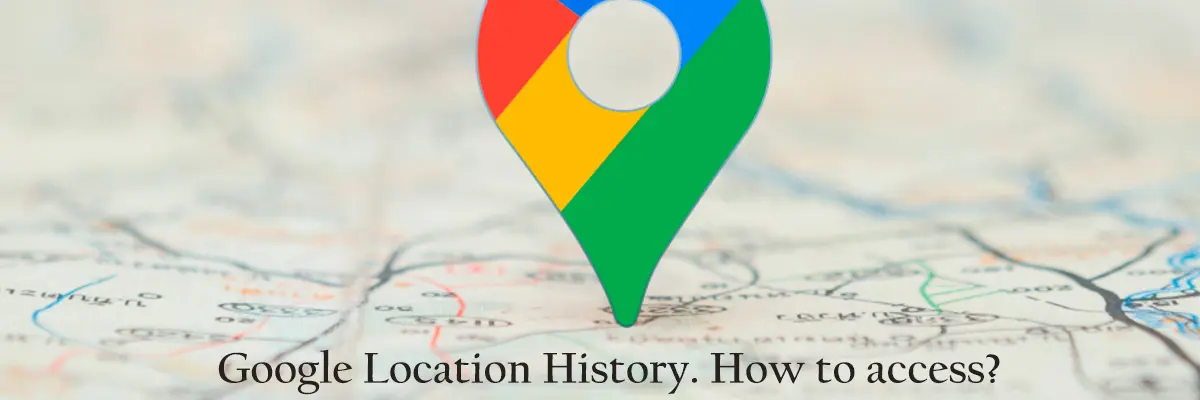Detailed steps to activate a VPN. How can you determine which server to select?

Contents
What is a VPN?
A Virtual Private Network (VPN) is a technology that enables the creation of a secure connection between two or more devices over a public network, such as the Internet. This means that you can access resources on the virtual private network from anywhere in the world, as long as you have an internet connection.
VPNs are often used to enhance online security and privacy. For instance, they can help protect personal and financial information when making online purchases or using online banking services. They can also allow you to access geographically restricted content, such as TV shows and movies available only in specific countries.
There are many different providers available, so it’s important to choose one that offers the features you need. Some important features to consider include military-grade encryption, protection against DNS leaks, unlimited bandwidth, and a no-logs policy.
Detailed steps to activate a VPN:
5 steps:
- Choose a service provider: Many companies offer VPN services (we’ll mention prominent ones later), each with its own advantages and disadvantages (which we’ll also discuss later). Factors to consider when choosing a VPN provider can include speed, privacy, price, and server locations.
- Sign up for the service: Once you’ve selected a VPN provider, you’ll need to sign up to get the service. This usually involves providing some personal and payment details.
- Download and install the software: After signing up, you’ll need to download and install the VPN software on your device. Most VPN providers offer applications for various operating systems and devices, including Windows, MacOS, Android, and iOS.
- Configure: Once the software is installed, you’ll need to configure the VPN. This might involve selecting a specific server to connect to, setting up the VPN to automatically start when your device turns on, and adjusting other privacy and security settings.
- Connect: With everything set up, you can now connect to the virtual private network. Once connected, all your internet traffic will be routed through the VPN server, providing an additional layer of privacy and security.
It’s important to remember that while virtual private networks can provide an additional layer of security and privacy, they are not foolproof. Some online activities may still be detectable, and some providers may log your online activity, posing privacy risks. Therefore, it’s always important to do your due diligence before selecting a provider and to use the service responsibly.
Now, how can you determine which server to select?
The VPN server you choose will depend on your needs. If you want to access geographically restricted content, you’ll need to choose a VPN server in a country that has access to that content. If you want to enhance your privacy, you’ll need to select a VPN server with a no-logs policy.
Reliable VPNs for iOS or Android devices include:
NordVPN
ExpressVPN
CyberGhost
PrivateVPN
TunnelBear
Pros and Cons of VPNs
Pros:
- Security and Privacy: VPNs encrypt your data and connections, increasing security and privacy while browsing the internet. This is especially useful when connecting to public Wi-Fi networks, as it protects your data from potential attacks.
- Access to Restricted Content: A VPN can allow you to access content that would otherwise be restricted based on your geographical location. You can simulate being in a different country to unlock streaming services and other websites.
- Online Anonymity: They hide your real IP address and replace it with the IP address of the server you’re connecting to, making it harder for people to trace your online activities back to your actual location.
- Bypassing Censorship: If you’re in a country where certain websites or services are censored, a VPN can help you bypass these restrictions and access information freely.
- Public Network Security: By connecting through a VPN, your data is transmitted securely even on public Wi-Fi networks, reducing the chance of third parties intercepting your information.
Cons:
- Reduced Speed: Usage can decrease your internet connection speed as data needs to be encrypted and decrypted during transmission.
- Cost: Most quality VPNs are paid services. While free options exist, they often come with limitations on speed, data, or features.
- Trust in Provider: You need to trust the company providing the service since they have access to your browsing data. It’s important to choose a reliable provider with transparent privacy policies.
- Website Blocking: Some online services block or restrict access to users using VPNs to prevent fraud or bypass regional restrictions.
- Possible Compatibility Issues: Some services and applications might have trouble functioning through a VPN due to network restrictions or security settings.
Remember that the choice to use a VPN depends on your specific needs and personal considerations of online security and privacy.
Read this post in Spanish: Pasos detallados para activar una VPN (red privada virtual)





